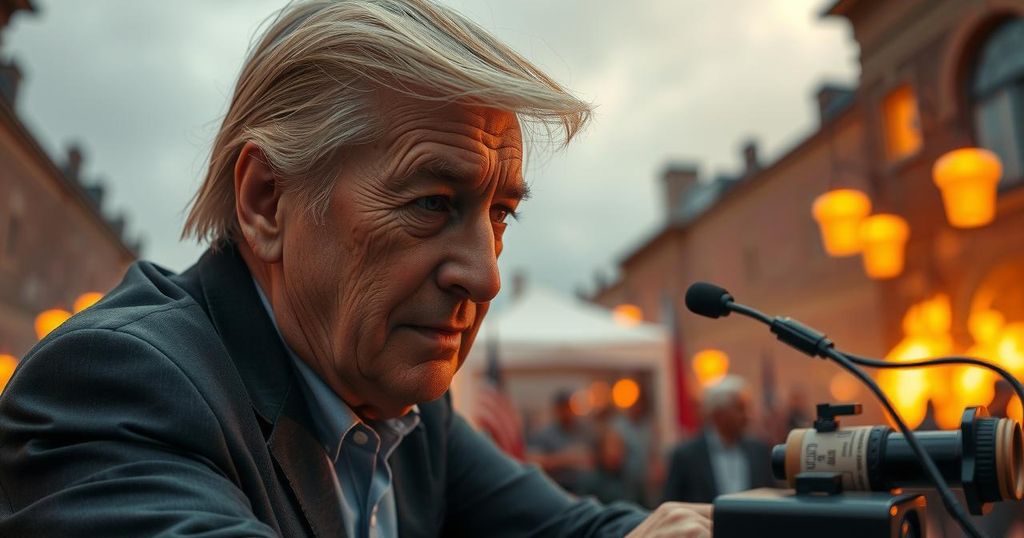Election disinformation is escalating as the 2024 elections approach, driven by legal challenges against institutions combating misinformation, the rise of conspiracy-promoting organizations, and reduced oversight from social media platforms. Prominent figures are propagating outlandish claims amid complex geopolitical dynamics and technological advancements. The implications for public trust and safety are profound, necessitating urgent measures to counteract misinformation.
The current political landscape is increasingly characterized by the prevalence of disinformation, especially as the upcoming elections draw near. In a recent conversation with Elaine Godfrey, a political reporter for The Atlantic, she highlights several factors contributing to this chaotic environment. Key among them is the legal opposition from high-profile Republican politicians aimed at institutions that seek to combat misinformation — a tactic that has effectively stifled research initiatives designed to address these issues. Since the 2020 elections, new organizations like the Election Integrity Network have emerged, promoting unfounded conspiracy theories that diminish confidence in electoral processes. Social media giants such as X and Meta have notably reduced their moderation efforts, further exacerbating the disinformation problem. Additionally, the volatility of international conflicts involving major powers such as Russia and China, coupled with advancements in generative artificial intelligence, creates a fertile ground for misinformation to proliferate. Godfrey notes the alarming nature of recent false claims surrounding natural disasters, where prominent figures have suggested unfounded connections between natural events and political motives, reflecting a disturbing trend in conspiracy-spreading that is likely to escalate as elections approach. The real-world implications of such disinformation are severe, affecting agencies like FEMA and creating public distrust towards democratic processes. The potential for misinformation to incite violence, as seen during the January 6 Capitol riots, underscores the urgency of addressing these narratives. Godfrey concludes that while there is greater awareness of the disinformation landscape compared to previous years, the tension in the political arena suggests that the situation could worsen before it improves, particularly without decisive action from both tech companies and political leaders to counteract the spread of false information.
The rise of election disinformation is a phenomenon that has gained significant traction in recent years, particularly in the context of contemporary social and political discourse. The 2020 elections marked a turning point, exposing vulnerabilities in the information ecosystem and raising concerns over the integrity of electoral processes. With increasing legal challenges to institutions that seek to combat misinformation, alongside the proliferation of conspiracy-promoting entities, the stage is set for a troubling escalation of disinformation as the 2024 elections approach. The influence of social media, combined with ongoing geopolitical tensions, adds further complexity to the landscape, threatening the foundational principles of democracy and public trust.
In summary, the current state of election disinformation is markedly precarious, as highlighted by Elaine Godfrey’s insights. The intersection of legal challenges to misinformation efforts, the rise of conspiracy theory promoters, and reduced oversight from social media platforms create an environment ripe for chaos. As heightened tensions and misinformation campaigns intensify, the need for robust strategies to combat false narratives becomes imperative in safeguarding democratic processes and restoring public confidence in electoral integrity.
Original Source: www.theatlantic.com






